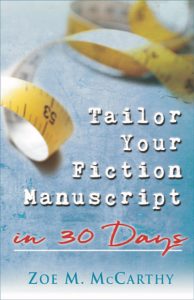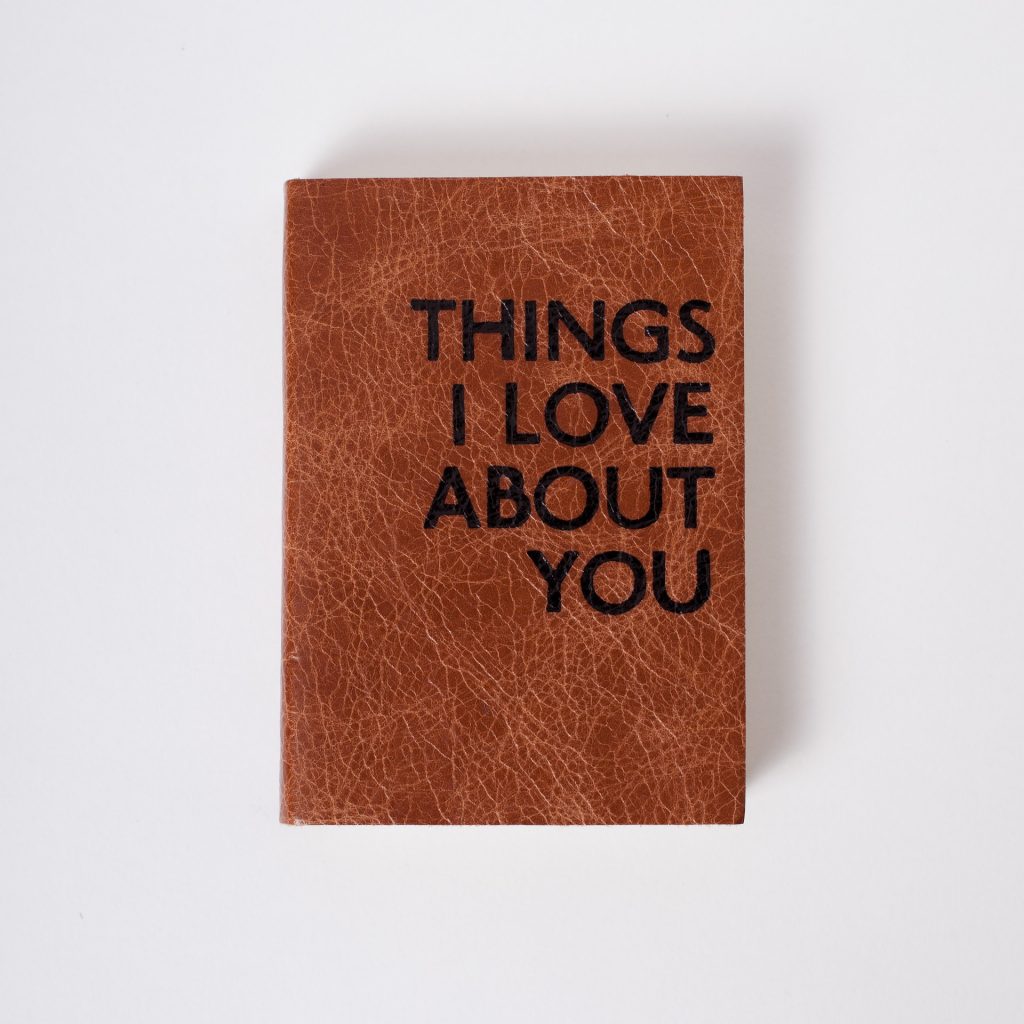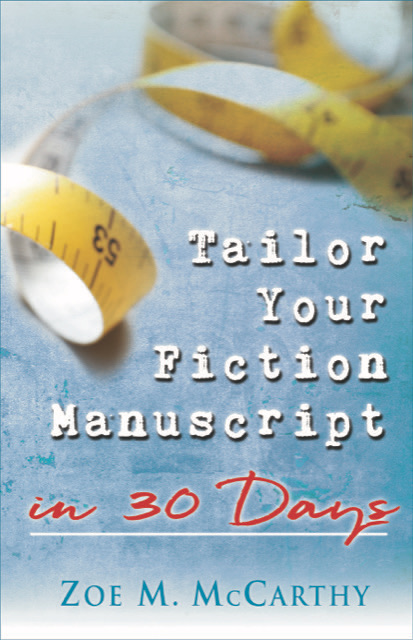Zoe has developed a guiding resource for beginning writers. Her method is designed for brainstorming, shaping, and revising an early draft of a manuscript. General and specific tips are offered for applying rules of writing to enhance one’s story for a workable second draft. By exploring the plot line of Love Comes Softly writers may examine their own work for stronger plot and characterization. Valuable tools are offered that enable the writer to develop a workable draft in 30 days! —Yvonne Lehman, award-winning, best-selling author of 48 novels
Learn more at the end of the post.
When I’m writing a novel or nonfiction, I click on words and press my shortcut keys to pop up the dictionary/thesaurus for that word. I perform this action several times in an hour and peruse all possible options, because only one or two substitutes for my word will work best.
If you haven’t already, I suggest you find the magic, multi-finger shortcut that summons your word processor’s dictionary/thesaurus quickly. If it’s easy to get to, you’re more likely to use the resource.
Reasons Why My Thesaurus Is My Friend
- In a paragraph, I don’t want to use the same word twice if possible. To the reader, this feels repetitive and colorless.
- I want to choose the word that’s most correct for what I’m trying to convey.
- I want to create vivid pictures in my reader’s imagination.
How I Use My Thesaurus to Discover the Best Word
Let’s look at friend for an example. Here are some of the words listed in my thesaurus for friend. Test if they give you a better image than friend.
Friend
- Companion Use for a secondary character who accompanies the protagonist often at events or on trips or use for a character’s spouse.
Example: Grady is a wealthy executive.
“Chase, my friend, would you call my wife and tell her we needed to extend our trip?” Grady turned to the bellhop and slipped him a couple of bills. “That’s for my companion’s luggage as well. He’s in room forty-two.”
- Confidant Try this word for characters so close they divulge their deepest secrets to each other.
Example: Kelly is a fifty-year-old divorcé.
Kelly dabbed tears as she speed-dialed Linda. Linda answered on the second ring. “Oh, Linda, I need my confidant. Chet called off our date.”
- Soul mate Employ this moniker for a man or a woman who is suited for the other.
Example: Riley is a soldier overseas who faithfully writes Julie.
Julie held Riley’s letter to her bosom and performed a pirouette. With over three-hundred shared letters they’d become soul mates.
- Playmate Use this word when writing about children who play together on the school playground or at each other’s homes.
Example: Jill and Missy are in the same first grade class.
“Mrs. Crump, here’s my list of rules for Jill while I’m gone. She may have Missy come over for a playdate on Tuesday. She’s Jill’s playmate from school.”
- Ally Good word for characters taking sides.
Example: At work, Amanda disagrees with her boss’s idea.
Reed joined the discussion. “I think Amanda makes a valid point.”
Amanda’s shoulders relaxed. Finally, she had an ally.
- Pal This is a good word for hinting at the opposite of friend.
Example: Male characters disagree.
“You need glasses, pal. My serve was in.”
- Buddy If two are good friends, characters would use this more casual reference.
Example: Allie has fallen in love with Kyle, but he’s clueless.
Allie returned Kyles’s wave. Would she ever be more than his fist-bumping buddy?
- Sidekick Use for friends who aren’t equals, i.e. one is more of a supporter.
Example: Kara is director Gena’s assistant for a citywide event.
“Kara is my sidekick. She’s as loyal to me as Sancho Panza was to Don Quixote.
What techniques do you rely on to add vivid words to your writing?
I finished reading Tailor Your Fiction Manuscript in 30 Days. I have AND will highly recommend it to anyone who dabbles in fiction. It’s one of the best “how to” books I’ve ever read.
—Marsha Hubler, Director Montrose Christian Writers Conference
If you want to increase your chance of hearing yes instead of sorry or not a fit for our list at this time, this book is for you. If you want to develop stronger story plots with characters that are hard to put down, this book is for you. Through McCarthy’s checklists and helpful exercises and corresponding examples, you will learn how to raise the tension, hone your voice, and polish your manuscript. I need this book for my clients and the many conferees I meet at writer’s conferences around the country. Thank you, Zoe. A huge, #thumbsup, for Tailor Your Fiction Manuscript in 30 Days.
—Diana L. Flegal, literary agent, and freelance editor
Tailor Your Fiction Manuscript is a self-editing encyclopedia! Each chapter sets up the targeted technique, examples show what to look for in your manuscript, then proven actions are provided to take your writing to the next level. Whether you are a seasoned writer or a newbie, you need this book!
—Sally Shupe, freelance editor, aspiring author
Need to rework your book? Zoe M. McCarthy’s step-by-step reference guide leads you through the process, helping you fight feeling overwhelmed and wrangle your manuscript into publishable shape in 30 days. Tailor Your Manuscript delivers a clear and comprehensive action plan.
—Elizabeth Spann Craig, Twitteriffic owner, bestselling cozy mystery author of the “Myrtle Clover Mysteries,” the “Southern Quilting Mysteries,” and the “Memphis Barbeque Mysteries,” http://elizabethspanncraig.com/blog/
Zoe’s book, Tailor Your Fiction Manuscript in 30 Days, is a fresh and innovative refocusing of your novel or novella. Through a few simple—and fun—steps, Zoe helps writers take their not-ready-for-publication and/or rejected manuscripts to a spit-polish finish. Writing is hard work, yes, but it doesn’t have to be difficult.
—Eva Marie Everson, best-selling and multiple award-winning author, conference director, president of Word Weavers International, Inc.
Tailor Your Fiction Manuscript in 30 Days is chock-full of practical techniques. Numerous examples clarify problem areas and provide workable solutions. The action steps and blah busters McCarthy suggests will help you improve every sentence, every paragraph of your novel. If you follow her advice and implement her strategies, a publisher will be much more likely to issue you a contract.
—Denise K. Loock, freelance editor, lightningeditingservices.com
A concise, detailed, step by step resource for all writers.
— Jamie West, editor coordinator, Pelican Book Group
Zoe’s writing blog has always intrigued me. As a high school English teacher, I can attest that her tips on good grammar and her hints for excellent sentence and paragraph structure are spot on. But as an author, I also appreciate her ever-present advice that excellent skills are not enough: you must tell a good story, too. This book clearly shows how to do it all.
—Tanya Hanson, “Writing the Trails to Tenderness,” author of Christmas Lights, Outlaw Heart, Hearts Crossing Ranch anthology, and coming in 2019, Tainted Lady, Heart of Hope, and Angel Heart. www.tanyahanson.com
McCarthy crafted an amazing self-help book that will strengthen any writer, whether new or seasoned, with guidance and self-evaluation tools.
–Erin Unger, author of Practicing Murder, releasing in 2019







 RSS - Posts
RSS - Posts



0 Comments